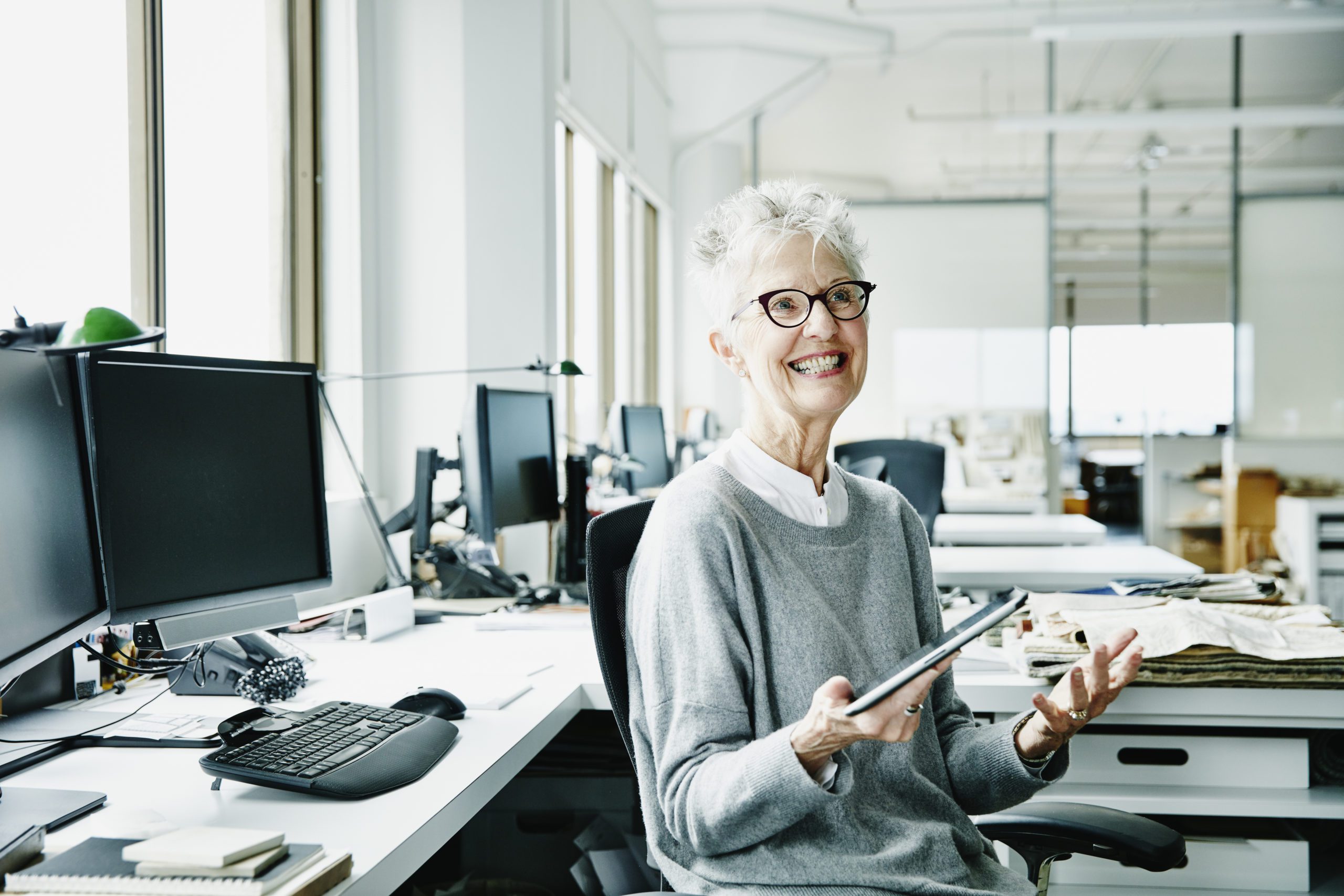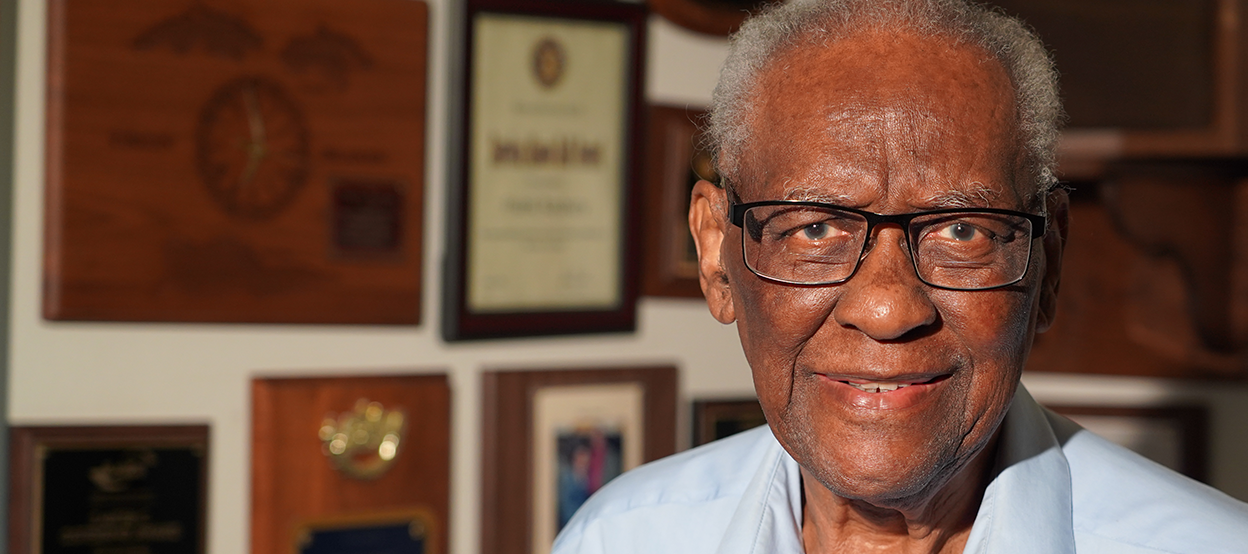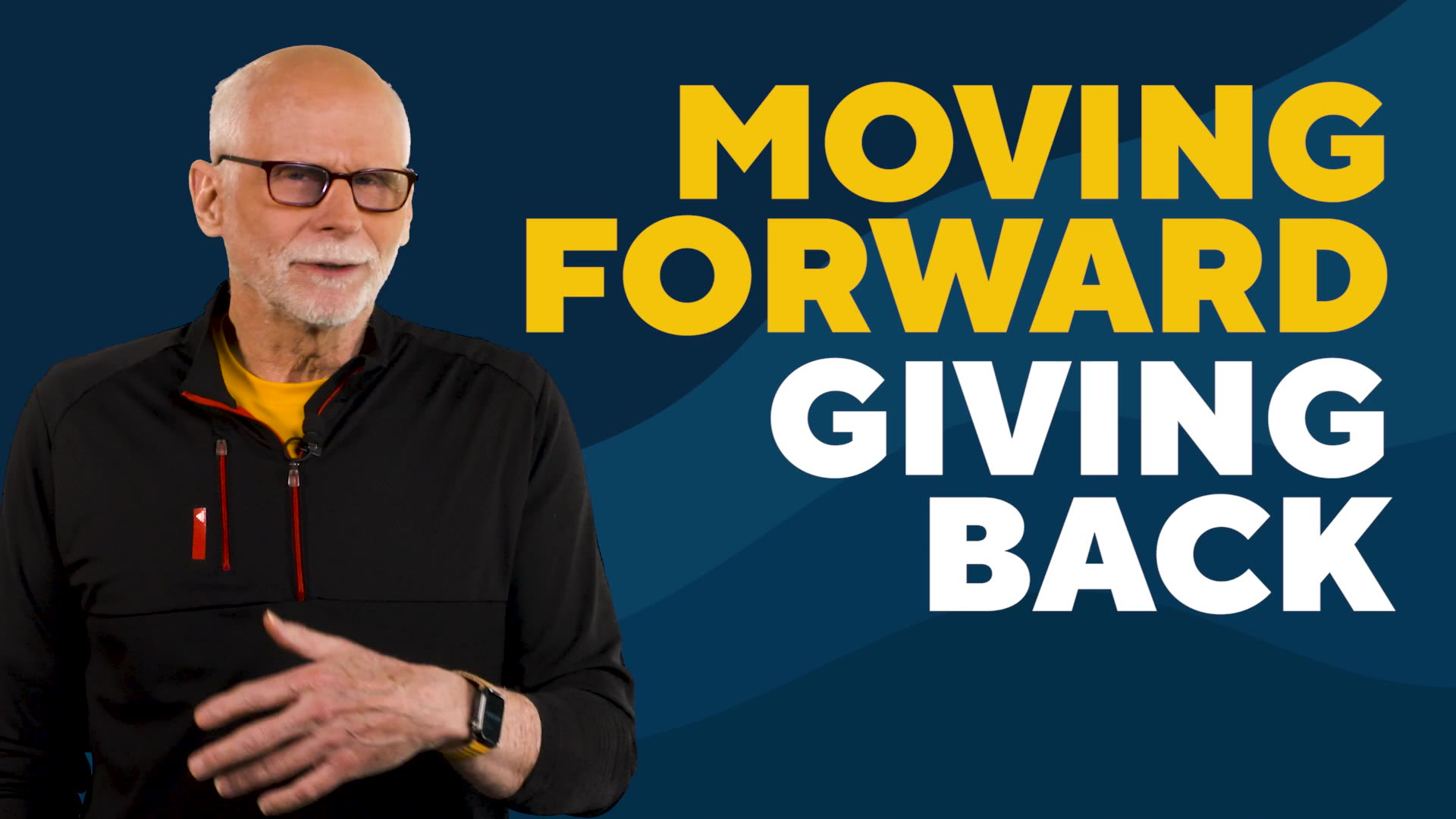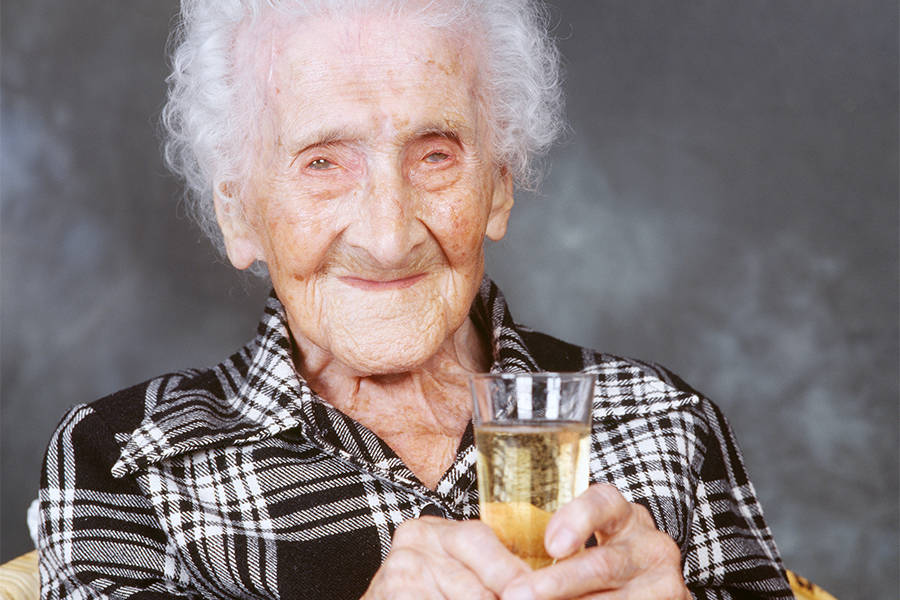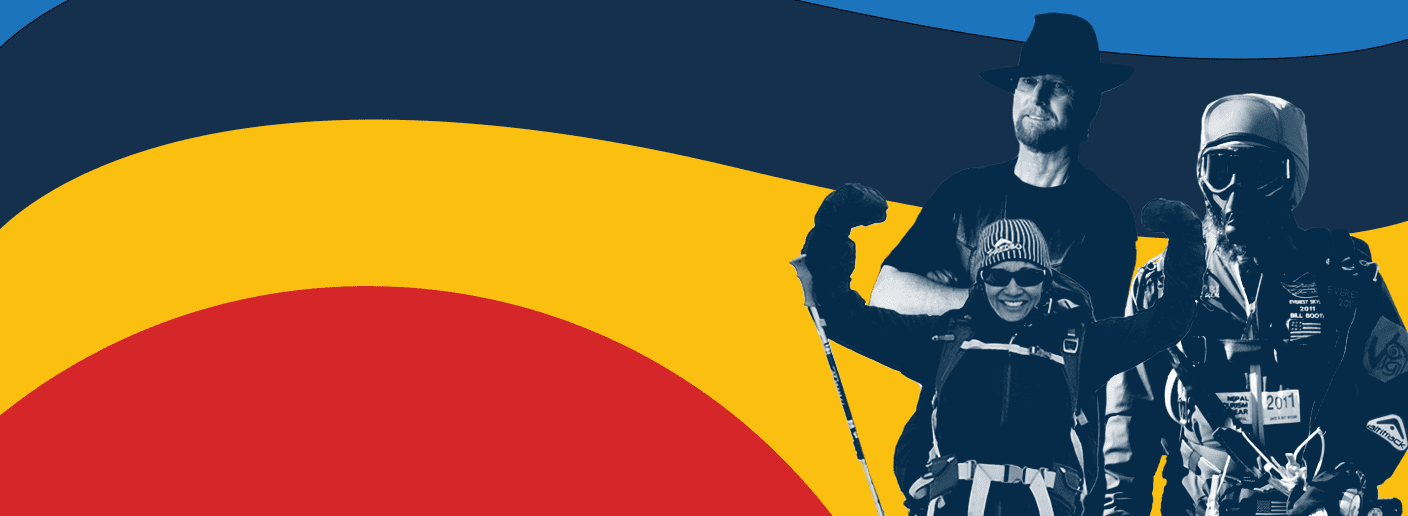Last Updated on January 24, 2022
Last year, a man named Emile Ratelband marched into a court in the Netherlands and demanded the right to change his birthdate. Although he was 69 years old, he wanted to be 49 – at least on paper.
Why erase two decades of his life? One reason, he told the judge, was to boost his chances of landing a job.
Though the media poked fun at him, Ratelband had a point. In a culture enthralled with youth, being older can mean being written off. These days, the word “old” is so toxic that Dame Judi Dench banned its use in her home. When you type, “I lie about my…” into Google Search, “age” is the first response that comes up.
Ageism is especially rife in the workplace. Older employees are often passed over for promotion, discarded first in hard times or fobbed off with unfulfilling work. Job interviews are harder to come by after you hit middle age. Facebook CEO Mark Zuckerberg once said, “Young people are just smarter.”
But is that true? Are older workers a burden? Is the aging population a one-way ticket to plummeting productivity, dwindling innovation and the end of entrepreneurship?
The answer to all three questions is a resounding, “No.”
During the industrial era, putting older workers out to pasture made sense because factory jobs are harder to perform with an older body. But the world has changed.
For a start, we are staying healthy longer. Today, gerontologists report that the average 65-year-old is in better shape than ever before. At the same time, brawn counts less in the modern workplace. What matters now is brainpower, which in many ways increases as we grow older.
Aging boosts our ability to see the big picture and weigh multiple points of view. When tackling problems in a familiar field, we get better at spotting the patterns and details that open the door to finding a solution.
Companies with suggestion boxes report that older staff generate more good ideas, with the best ones often coming from people 55 and older.
Harvard University researchers concluded that four key skills – arithmetic, vocabulary, general knowledge and a grasp of how the world works – do not ripen fully until around the age of 50.
Creativity is certainly not confined to young people. History is studded with artists, from Michelangelo and Matisse to Beethoven and Bach, doing triumphantly creative work in later life. Momofuku Ando invented the instant noodle in his late 40s, Benjamin Franklin was 74 when he invented bifocals and Thomas Edison filed patents until his death at the age of 84. Today, John Goodenough is reinventing rechargeable batteries in his 90s.
Maya Angelou was right when she said, “You can’t use up creativity. The more you use, the more you have.”
It helps that the world is changing in ways that favor those with more mileage. Many disciplines have matured to the point where future breakthroughs will be made by mastering multiple domains and building upon work done by others. That means relying on two things only aging can confer: time and experience. No wonder Nobel science laureates are having their eureka moments later in life.
Aging also can make us more socially adroit. We often get better at reading people, cooperating, negotiating, putting ourselves in others’ shoes, finding compromises and resolving conflicts. That’s why productivity rises with age in jobs that rely on social smarts.
Bottom line: The phrase “finished at 40” is nothing more than weapons-grade nonsense. As Peter Cappelli, professor of management at the Wharton School, puts it: “Every aspect of job performance gets better as we age.”
This even holds true when it comes to entrepreneurship.
A study of the 2.7 million new businesses formed in the United States, between 2007 and 2014, reached a conclusion to gladden the heart of anybody on the “wrong” side of 40. Researchers stated: “We find no evidence to suggest that founders in their 20s are especially likely to succeed. Rather, all evidence points to founders being especially successful when starting businesses in middle age or beyond.”
So, who’s smarter now, “Zuck?”
Let’s not get carried away. Aging does take a toll. Older brains are often slower to retrieve certain memories, absorb information and solve math-based problems.
Yet even that is no bar to thriving in the modern workplace. Why? Because most jobs involve multiple forms of cognition, meaning the older brain can use its strengths – such as greater accuracy – to make up for any speed deficit.
One example: In a survey of typists 19-72 years old, researchers found older people typed more slowly yet finished assignments as swiftly as their younger peers. How? They did so by looking further ahead in the text and therefore made fewer mistakes. As the old military adage goes, “Slow is smooth and smooth is fast.”
The truth is that the biggest challenge in the workplace is not aging but ageism.
How can we meet that challenge? Honesty is a good starting point. Lying about your age gives the number a power it does not deserve and reinforces the canard that younger is always better.
Instead, own your age — then go out there and show the world what you can do.
And that is more or less the advice the Dutch court gave Ratelband when rejecting his plea for a new birthdate.
Carl Honoré is London-based bestselling author and popular TED speaker. His latest book, “Bolder: Making the Most of our Longer Lives,” explores how to age better and feel better about aging that also confronts ageism. Learn more at carlhonore.com.

